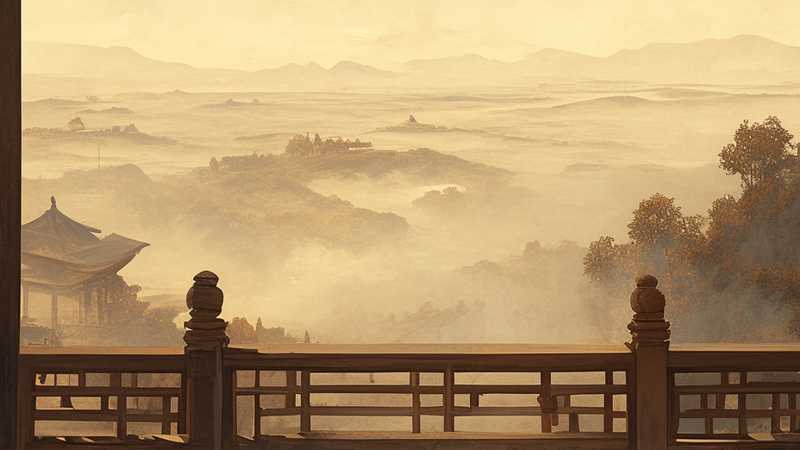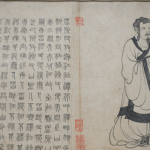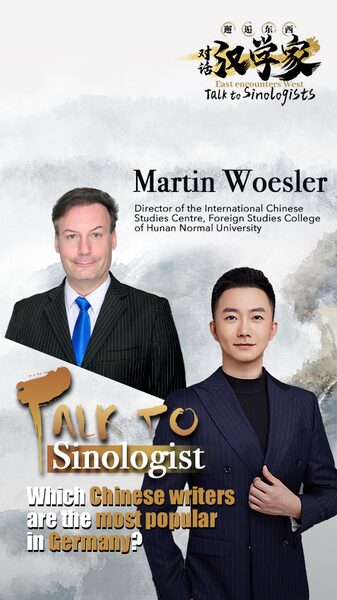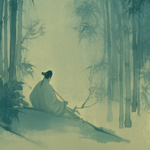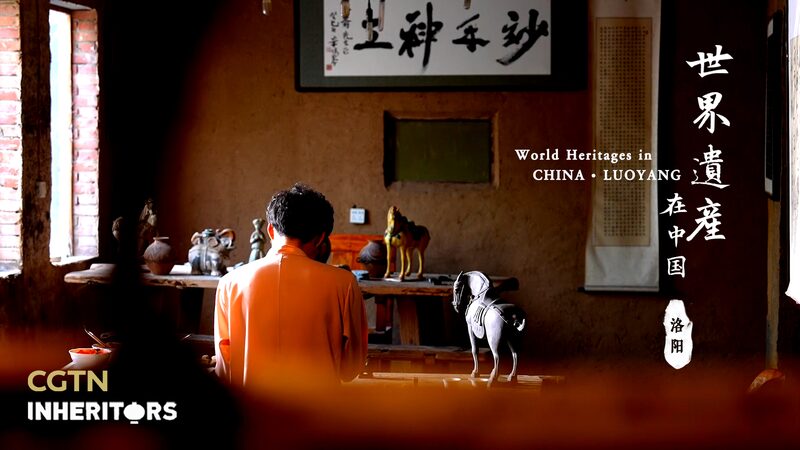The mournful verses of Tang Dynasty poet Chen Zi'ang (661-702) continue to resonate with modern readers through his iconic work "Song of the Youzhou Terrace." Written over 1,300 years ago, these lyrical reflections on impermanence and humanity's place in the cosmos have become a cultural touchstone for generations.
Chen's vivid imagery – standing atop an ancient tower gazing at boundless horizons – captures the universal human condition. His lament over temporal transience ("tears fall, sad and blind") mirrors contemporary existential concerns while showcasing China's rich literary heritage.
Scholars note this work reflects pivotal developments during the Tang Dynasty (618-907 CE), often considered China's golden age for poetry. The verses demonstrate early philosophical examinations of time and mortality that preceded similar themes in European Romanticism by centuries.
For global readers, the poem offers insight into China's cultural legacy. Business professionals might appreciate its metaphorical relevance to enduring through market cycles, while travelers could seek out historical sites linked to Tang poetry. Asian diaspora communities will find connections to shared cultural roots through such literary masterpieces.
Modern interpretations continue emerging worldwide – from academic analyses of structural symbolism to social media users sharing verses about modern-day anxieties. This enduring relevance demonstrates how ancient Chinese philosophy continues informing global discussions about humanity's place in an ever-changing world.
Reference(s):
cgtn.com
